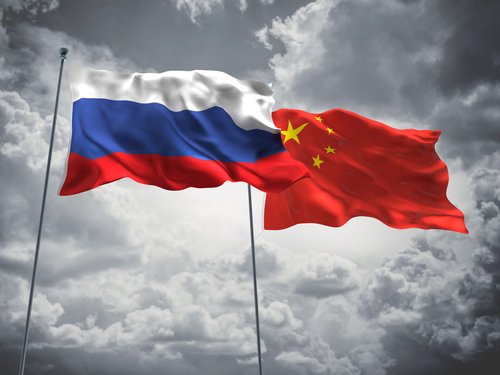Brussels (Brussels Morning) Meeting in Beijing on Tuesday, the foreign ministers of Russia and China affirmed the close ties between the two countries in the face of fierce international criticism and the sanctions imposed on both by the US and the EU, AP reports.
China’s State Councilor and Foreign Minister, Wang Yi, welcomed the Kremlin’s top diplomat, Sergei Lavrov, as the two proceeded to reject outside criticisms of their authoritarian political systems. Each emphasised how their respective countries are actively contributing to global progress on a diverse range of issues, from climate change to the coronavirus pandemic.
Internal affairs
Wang and Lavrov accused the US of interfering in other countries’ internal affairs, and urged Washington to rejoin the lapsed Iran nuclear deal, which President Joe Biden’s predecessor Donald Trump unilaterally abandoned. Beijing and Moscow maintain close ties with Tehran, which is refusing to revert to the terms of the nuclear deal until such time as the US makes the first move.
Speaking at a news conference after Tuesday’s meeting, Wang criticised the latest coordinated sanctions, which have been imposed on Beijing by the US, the EU, Britain and Canada for human rights abuses against minority Uyghurs in China’s Xinjiang region. “Countries should stand together to oppose all forms of unilateral sanctions”, Wang observed. He predicted that the sanction measures would not be embraced by the wider international community.
Unacceptable interference
In a joint statement, the two diplomats argued that no country should seek to “impose its form of democracy” on any other. “Interference in a sovereign nation’s internal affairs under the excuse of ‘advancing democracy’ is unacceptable”, the joint statement declared.
After the EU imposed sanctions on four Chinese officials on Monday, Beijing immediately responded by imposing sanctions on ten EU citizens, mostly MEPs and national lawmakers, as well as a pair of researchers. China also imposed sanctions against two research institutions, the European Parliament subcommittee and the Politics and Security Committee (PSC) of the Council of European Union.




